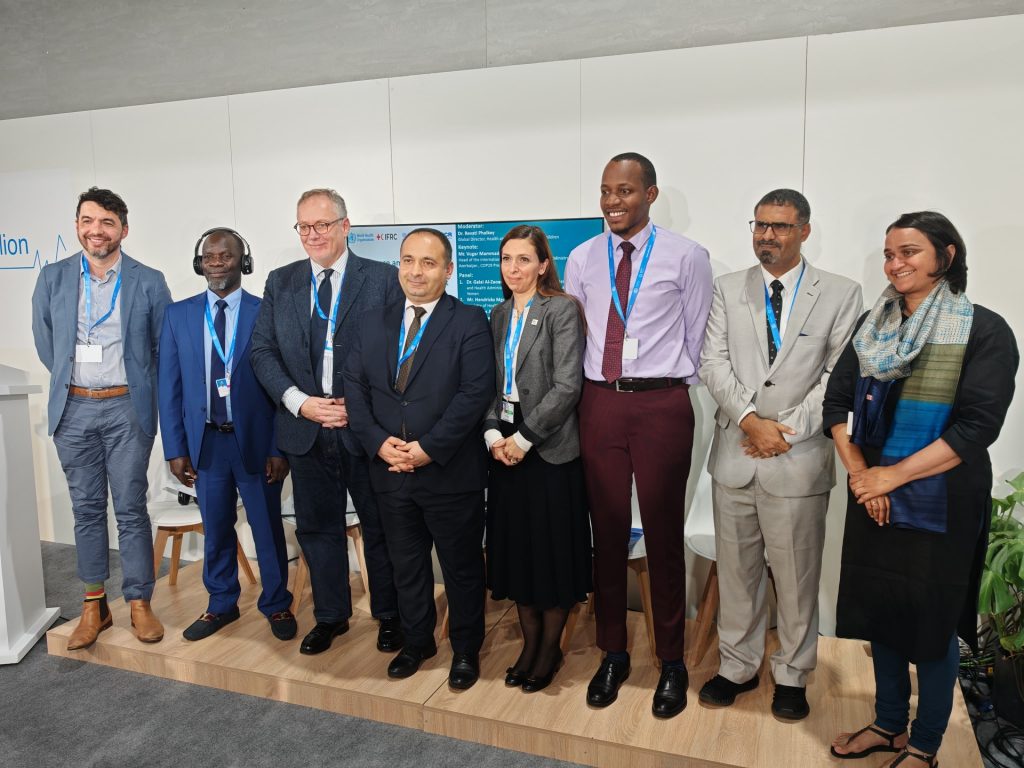The World Health Organization (WHO) has released a new report asking countries to build stronger, climate-resilient health systems that include migrants and displaced people. The report is titl“Health system strengthening interventions to improve the health of displaced and migrant populations in the context of climate change” and is the seventh in the Global Evidence Review on Health and Migration (GEHM) series.
This new publication was launched at the Global Conference on Climate and Health in Brasília. The event was held in partnership with the Government of Brazil, the WHO, and the Pan American Health Organization (PAHO). It highlights the urgent need to prepare health systems for the growing health challenges caused by both climate change and migration.
Climate change is forcing more people to move from their homes. In 2023, over 20 million people were displaced because of sudden weather events like floods and storms. By 2050, that number could reach 216 million due to climate-related impacts. These challenges put extra pressure on health systems, especially in poorer countries, and increase health risks like disease, hunger, and mental stress.
“Climate change is changing why and how people move, and this directly affects health,” said Dr. Santino Severoni, WHO’s Director of Health and Migration. “We must make sure migrants are not left out when we plan and improve health systems.”
The report reviewed 95 health projects across all WHO regions. Many focused on delivering emergency care, clean water, mental health support, and sanitation services in areas affected by climate change. But the report also found that long-term solutions are still missing. Only six of these programs included actions to reduce climate change directly. Important parts like healthcare funding, data tracking, and including migrants in national health plans are often ignored.
Dr. Maria Neira, Director of Environment, Climate Change and Migration at WHO, said: “Health systems need to be strong and fair. That means planning for long-term care and making sure migrants and displaced people are included in all services.”
What should countries do next?
To protect health as climate change and migration increase, countries need to make their health systems both strong and fair. Dr. Jeremy Farrar, WHO Assistant Director-General, said health policies should include migrants at every step, from planning to daily services.
The WHO report recommends:
- Including migrants in planning: Listen to migrant and displaced communities to make health services more accessible and respectful of their needs.
- Filling knowledge gaps: Do more research to design better long-term health projects.
- Planning for the future: Don’t wait for a crisis. Prepare now for future health challenges linked to climate and movement.
- Covering the full journey: Make sure health support follows people through every stage of migration.
- Stronger health functions: Include things like disease tracking, emergency planning, and public health education in national systems.
- Better leadership and funding: Join health, migration, and climate programs under one plan with proper funding and trained workers.
This GEHM report was developed by WHO Health and Migration, together with WHO Environment, Climate Change and Health. The series helps policymakers around the world understand how to improve healthcare for migrants and refugees.

